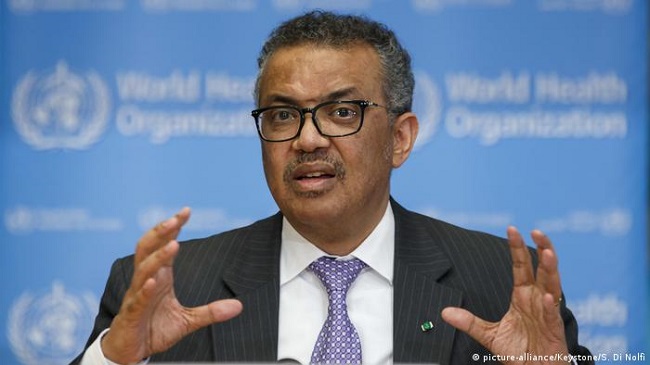SEO Riders:
– WHO & WMO report: heatwaves costing worker productivity globally
– Over 2.4 billion workers exposed to extreme heat, risking injury and death
- – Urgent call for industry-specific heat action plans to safeguard lives
The World Health Organization (WHO) and the World Meteorological Organization (WMO) have issued a stark warning: extreme heat is rapidly emerging as a global occupational hazard, especially in sectors like agriculture, construction, and fisheries, as well as among vulnerable populations. Their joint report reveals that worker productivity drops by 2–3% for every degree above 20 °C, and widespread health risks include heatstroke, dehydration, kidney damage, and neurological disorders. This threat now affects approximately half of the world’s population. In parallel, International Labour Organization (ILO) data shows over 2.4 billion workers are exposed to excessive heat annually, resulting in more than 22.85 million occupational injuries and nearly 19,000 heat-related fatalities. Regions such as Africa (93%), the Arab States (84%), and Asia & the Pacific (75%)—already vulnerable due to weaker adaptive infrastructure—are especially impacted.
Recommended Actions—WHO & WMO Guidance:
– Develop heat action plans tailored to local climates and industries, designed with input from stakeholders including workers, unions, and health professionals.
– Enhance training for health and emergency responders to properly identify and treat heat stress.
– Launch early warning systems and promote low-cost prevention measures like shading, rest breaks, hydration, and appropriate work attire.
- – ILO Recommendations: Enact regulations that set maximum allowable working temperatures, enforce regular hydration and rest periods, and improve workplace ventilation.
– Support social protection mechanisms, including insurance and economic assistance, particularly for vulnerable workers.
– Invest in worker-friendly technologies and infrastructure to help maintain productivity without compromising health.
